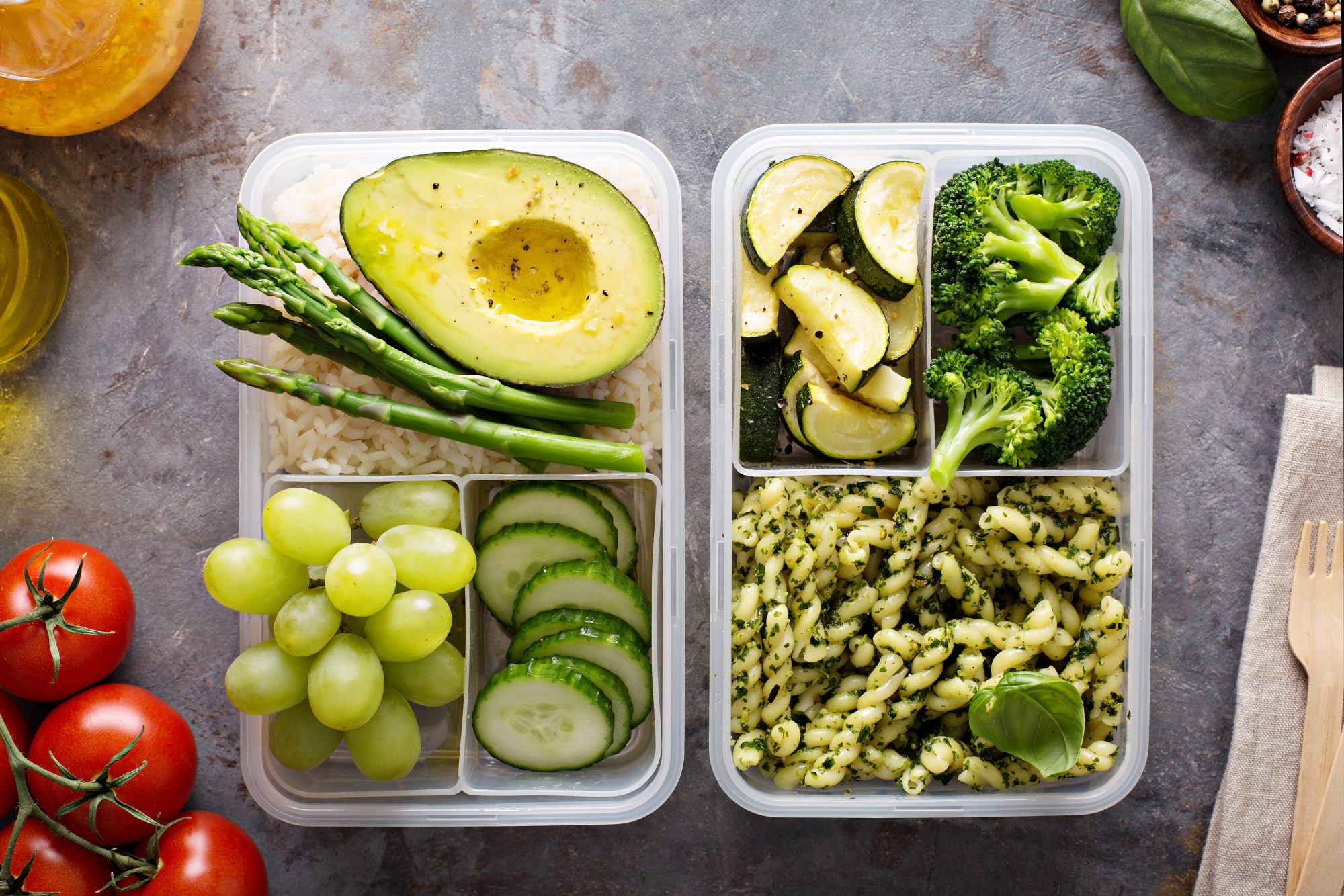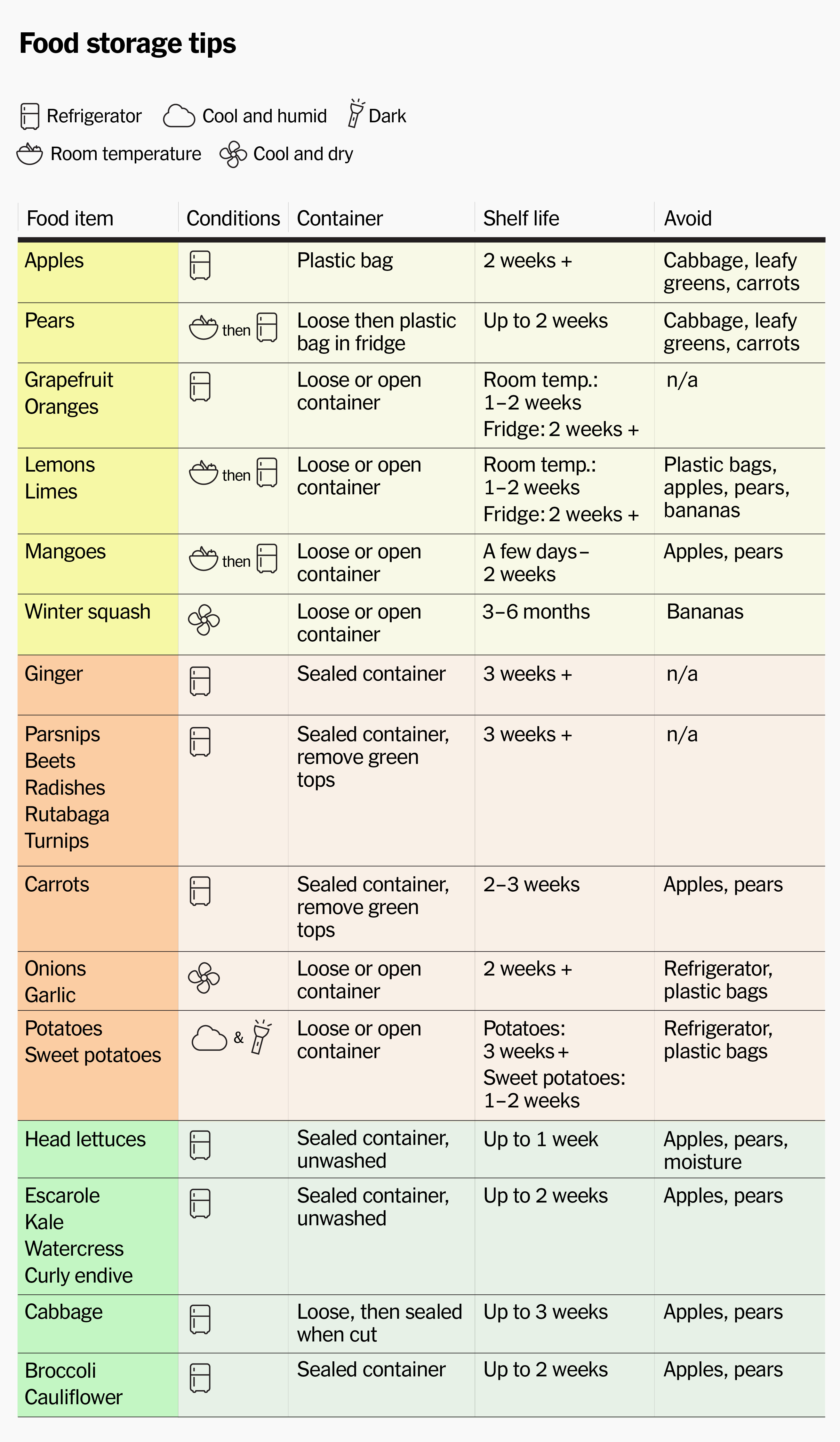Here are some top tips to help you reduce food waste, slowly but surely
Reducing food waste is an easy way you can make a difference for the environment. Food waste has implications for the environment and the economy with the UK continuing to send 18 million tonnes of food to landfill with a third of this coming from households.
Below are 5 ways to help you tackle food waste at home ensuring you are living the greenest life you can.
1. Food/meal prep
Meal planning is one of the most effective ways to reduce food waste and even save money. Meal planning involves choosing meals you want to make for the week, then only buying groceries for those meals. Even checking your cupboard before shopping and then planning 2-3 meals a week will help cut back on food waste.

2. Storing food correctly
Understanding how to correctly store food, especially fruits and different vegetables will reduce food waste dramatically. Different vegetables love to be stored in different environments and will continue to thrive for longer if stored correctly, here are a few tips to start off with:
- Onions and garlic – store out of fridge in a cool dark place with low humidity
- Potatoes and sweet potatoes – store out of fridge in a cool dark place with higher humidity – keep separate from onions and garlic
- Roots and tubers like carrots, parsnip beets and turnips – remove any green tops and refrigerate in aplastic bag
- Leafy greens – refrigerate and seal in zip-lock bags
- Celery – cut the stalks and refrigerate them submerged in water

3. Composting
Composting is a really good way to ensure organic waste is not finding its way into landfill. Organic waste creates methane when left in landfill sites, by composting methane emissions are significantly reduced.
The environmental benefits of composting are vast with it enriching the soil, helping it retain moisture and suppresses plant diseases and pets. Composting also reduces the need for chemical fertilisers and encourages bacteria and fungi growth. Along with this, by composting you are ensuring that any organic food being wasted in your household is being served for another purpose.
4. Expiry dates
The trap of checking expiry and use-by dates costs millions in food waster every year. According to a 2013 study, 25 percent of fresh water in the US goes toward producing food that will go uneaten. UK expiry and best-before dates have also been accused of perpetuating confusion and food waste. According to experts there is no reason to throw away food that goes past its best-before – it is considered perfectly safe to eat and will often taste just as good. With supermarkets like Morrison scrapping best-before dates we might be beginning to see the end of such a convoluted and misunderstood practice.

5. Overbuying – tracking what you’ve bought and used
Foods like meat, dairy and vegetable have a shorter shelve life that canned items and dried food, therefore overbuying can result in excess food waste, with the average household in the UK wasting £700 a year on over-buying food that goes ends up as waste. Having organised food cupboards and shelves will help you recognise what food you have available and what you need to get.
Tricks like not shopping hungry will also help excessive buying when at the local shop or supermarkets.











